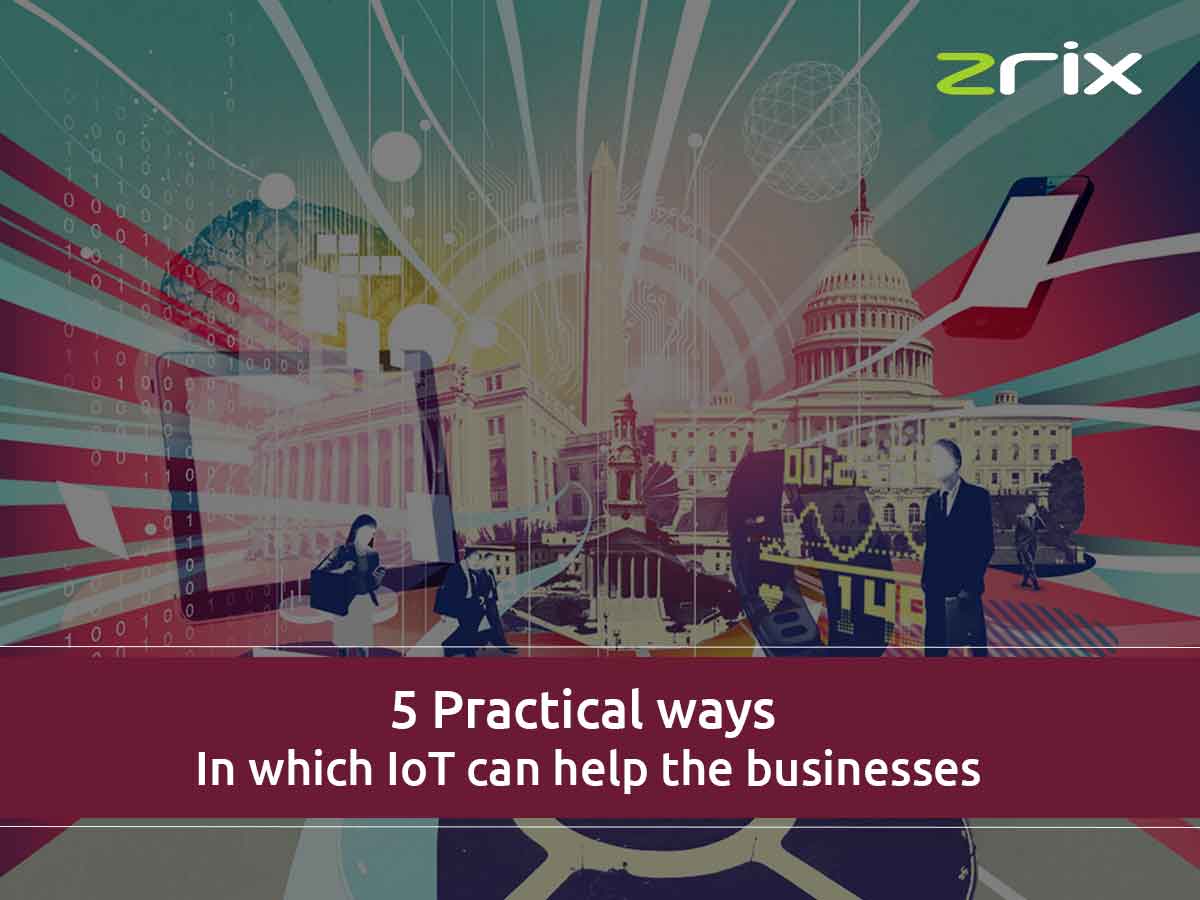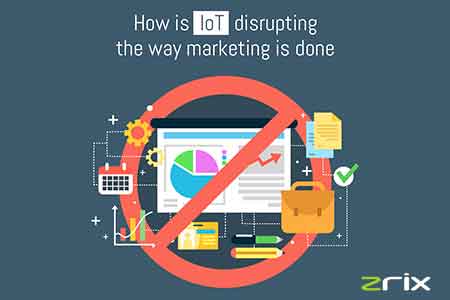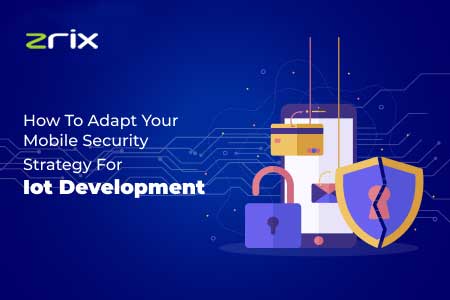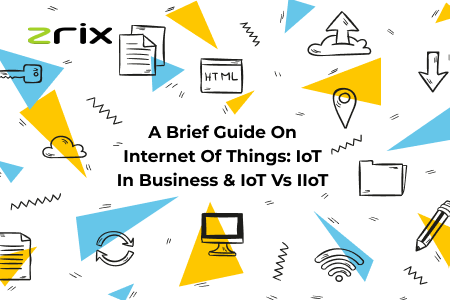There are a number of innovative ways in which the IoT or Internet of things is helping the businesses to stay ahead in the competition and take their productivity and profitability to the next level. In our last blog, we talked about the various ways in which the IoT can help in different business processes. However, to understand the precise effects on IoT on organizational activities, it would be more appropriate to take the example of different industries and their multiple aspects that are directly affected by incorporating the IoT during different stages of their business processes. Let us examine a few major industries that have largely been benefitted by IoT:
Use of IoT in the Healthcare Sector
- Chronic Diseases: Chronic diseases need intense care and time to time monitoring. However many times, even a latency of a few hours or moments can be fatal. By releasing real-time data about the internal, biological status of such patients, the IoT helps healthcare professionals to tackle any urgent situation more efficiently before things worsen.
- Patients with limitations: The people who are unable to understand their biological changes like small children, old people or mentally handicapped would have access to the “precise communication facilitator” in form of IoT that will release the precise and real-time biological data. It will also eliminate unnecessary delays in treatment due to communication barriers.
Use of IoT in Wholesale Manufacturing Industry
- Judicious use of resources: The judicious use of resources like raw material and energy can play a great role in reducing the cost and increasing profitability f an enterprise. By the use of IoT, the company can have access to vital data related to the spending of resources. By intelligently analyzing the data the company can actually reduce the possibility of slower production rates due to lack of over-expenditure of resources.
- Better labor management: The use of IoT while workers are involved in the production process in a real-time environment, will allow the administrators to regulate the distribution and management of labor to enhance productivity. Depending upon the gathered data the administrators can reduce the latency or come up with innovative strategies to increase the productivity
Read More: 5 Practical ways in which IoT can help the businesses
Use of IoT in Utilities Industry
- Better tracking: The reading frequency and time play a pivotal role in energy tracking. The use of Smart meters can take as many as 17,500 (rounded figure) readings annually. The availability of more data for the energy companies will allow them to access more insights and thus extract maximum benefit out of the same in terms of decision making.
- Enhanced Saving: The precise figures will reveal the accurate energy needs of consumers and thus help the energy companies to judiciously distribute the energy and as a result making considerable savings. The collective scope is positively overwhelming with a study showing that the smart meters can help the companies to save $155+ billion in 18 years (Calculating from 2017)!
Use of IoT in Retail Sector
- Better Refilling: Refilling is the most important activity of any rental store across the globe. However depending upon the volume of sales and availability of staff and stock, thus activity can be very demanding and many times the shelves remain empty despite the availability of stock in the store. That negatively affects the sale. However with the use f IoT the shelves can be connected with the smart technology that will intimidate about the need of a particular item in a particular shelf and thus eliminate the possibility of sales loss.
- Valid Consumption Date: The valid consumption date is another major aspect that plays a vital role in the overall profitability of the items. Human intervention for recording the valid consumption dates is not an easy task ad it is even more difficult for them to control the flow of items on the shelves to align with the validity of consumption. However, with the use of IoT i.e., smart shelves the shops are able to display and sell the items well before the last consumption date strikes, it also helps the shops to design the liquidation strategy for soon expiring items.
Use of IoT in the Logistics Industry
- FIFO System: A number of portable scanning and recording devices like mobile scanners and computers also helps in mentoring and refilling the stock and at the same time it plays a vital role in maintaining Fifo (First in First Out) system,
- Better Distribution Services: One of the most crucial junctures is the delivery of products to the retail points that involved transportation, loading, unloading and other associated activities. With these of IoT, the wholesalers can utilize the optimum format of resources to ensure speedy delivery. The example involves, recognizing the shortest route predicting the traffic and deciding the best strategy for loading and unloading purposes to hasten the activities. It also helps in identifying the unnecessary delays that can be eliminated and thus assuring to touch more points in less time.




